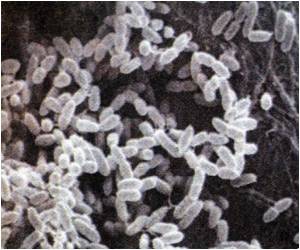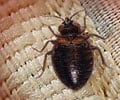The micro organisms in the gut not only play a role in the biology of humans but also exert influence on human appetite.

Norris points out that the gut microbes comprise a group of micro organisms that communicates with the mammalian nervous system to stimulate the gastro intestinal tract.
‘Bacteria both recognize and synthesize neuroendocrine hormones. This has led to the hypothesis that microbes within the gut comprise a community that forms a microbial organ interfacing with the mammalian nervous system that innervates the gastrointestinal tract’, say the authors of the study.
The enteric system or the gut region is made up of half a billion neurons, compared with the 85 billion neurons constituting the central nervous system.
There is enough evidence to support the fact that the gut bugs are involved in diseases like cancer, metabolic syndrome, thyroid disorders, rheumatoid arthritis, and multiple sclerosis.
These bugs are also capable of bringing about mood disorders by influencing the action of dopamine and peptides which control hunger. The gut bacterium, Campylobacter jejuni, is reported to be involved in creating anxiety in mice.
The results of the study have been published in the Journal of Bacteriology.













